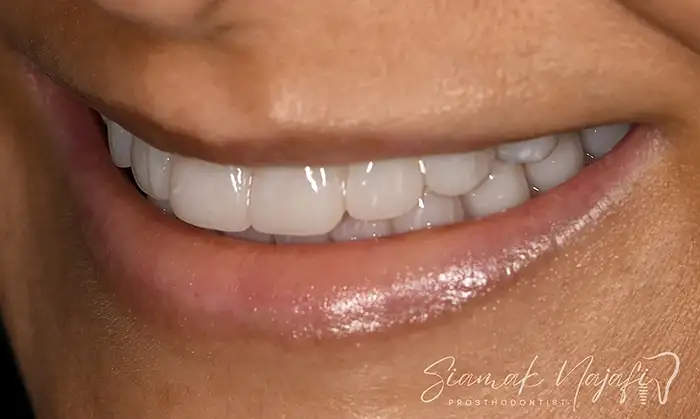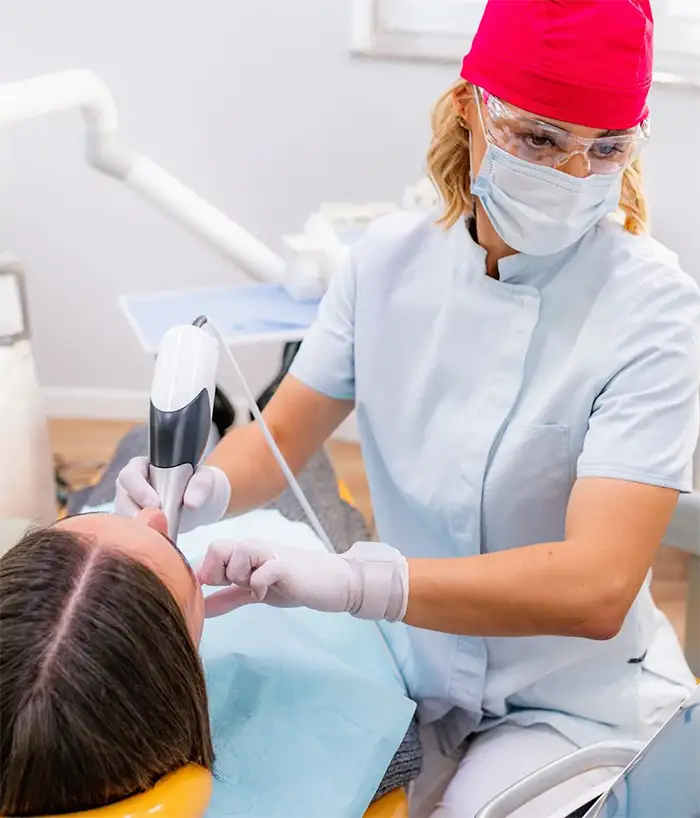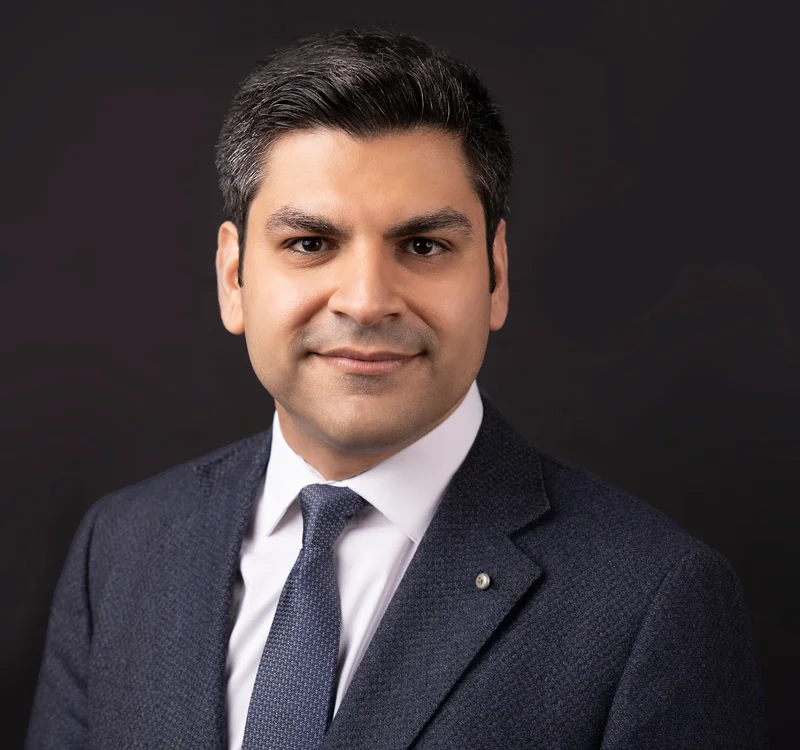Trauma
In many cases, the patient may have experienced a traumatic accident and be in need of repairing a chipped tooth, while also simultaneously replacing another tooth that fell out. Since accidents can happen at any time, it is difficult to prepare for the possibility of damaging more than one tooth. Through full mouth reconstruction, the dentist will be able to repair the mouth, while also repairing the appearance and functionality of a patient's teeth.
If a patient experiences an accident that results in damage to the teeth, seeking an emergency dentist as soon as possible is a necessity. If a patient goes to a normal emergency room after damaging a tooth, the nurse will only be able to triage the wounds but not treat the condition. At we will find the best treatment for each individual and recommend options that help to repair the damage.
Patients assume that the only option will be one that merely imitates the appearance of a natural tooth and that the patient will have to practice caution when eating for the rest of his or her life. In reality, we can provide possible treatments such as dental implants, dental bonding, dental crowns, dental veneers, dental bridges and more to help repair the appearance and functionality of the tooth. After a full mouth reconstruction at our patients will be able to smile confidently and eat what they like since our repairs are long-lasting and sturdy. There is no need for a patient to live with a cracked or damaged set of teeth.
Infection
In other cases, a patient may lose multiple teeth to dental caries (tooth decay), gum disease or other infections. Upon infection, the dentist will do everything in his or her power to prevent the spreading. However, some patients may not visit the dentist at least once every six months and allow the infection to spread. If the infection spreads to the tooth, then there is a possibility that an extraction will be necessary.
When a patient has an infection, a root canal is one option to treat the tooth. A root canal allows the dentist to remove the infected pulp and clean the area. Following a root canal, we will plug up the hole with a dental filling. In the cases where the tooth is removed due to infection, we may recommend a dental implant. The dental implant is a titanium post that bonds with the jaw bone through osseointegration. We will also place a dental crown on top of the implant to create a sturdy and natural-looking tooth.
If the infection has spread to multiple teeth, will recommend the best option for treating the infection and repairing one's teeth.
Long-Term Wear
For some people, proper dental care is not a common part of daily life. When one chooses to not practice proper dental care, the teeth wear down more quickly as a result. Acid from certain foods, types of citrus, beverages, acid reflux, grinding and more are all causes for a patient to lose his or her teeth more quickly.
At we can monitor the teeth at least once every six months and help patients remain healthy. For patients who experience these issues on a regular basis and have teeth that are wearing down, we can use full mouth reconstruction to address multiple issues.
Dental or facial pain, including TMJ
Dental or facial pain may result from various causes, such as tooth decay or temporomandibular joint (TMJ) dysfunction. TMJ disorders can lead to discomfort, clicking, or limited movement in the jaw joint, contributing to facial pain and headaches.
Gum disease
Also known as periodontal disease, is an inflammation of the gums caused by the accumulation of plaque and bacteria. If left untreated, it can progress from gingivitis (mild inflammation) to periodontitis, affecting the supporting structures of the teeth and potentially leading to tooth loss.
Periodontal disease
Infections that damage the structures supporting the teeth, including the gums and bone. It can result in pockets forming between the teeth and gums, causing bone loss and, ultimately, tooth loss if not addressed through proper dental care.
Decayed teeth
Tooth decay occurs when bacteria in the mouth produce acids that erode the enamel, leading to cavities. If left untreated, decay can progress, reaching the inner layers of the tooth and causing pain, infection, and the potential need for more extensive dental treatments.
Missing teeth
This can result from various factors, including tooth decay, gum disease, or trauma. Tooth loss can affect oral function, speech, and aesthetics, and it may lead to further dental issues if not addressed through solutions such as dental implants, bridges, or dentures.
Broken, chipped, or cracked teeth
Trauma, biting on hard objects, or untreated decay can cause teeth to break, chip, or crack. These conditions can lead to pain, sensitivity, and an increased risk of further damage or infection if not promptly addressed through dental restorations like crowns or bonding.
Misaligned, spaced, or gapped teeth
These can impact both aesthetics and oral function. Orthodontic treatments, such as braces or clear aligners, are often used to correct these issues and improve the alignment of the teeth.
Root canal issues
Problems with the dental pulp inside a tooth, such as infection or inflammation, may require a root canal procedure. This treatment involves removing the damaged pulp, cleaning the root canal, and sealing the tooth to alleviate pain and save the tooth from extraction.
Restorations in need of replacement
Dental restorations, such as fillings, crowns, or bridges, may wear out over time or become damaged. Regular dental check-ups are essential to assess the condition of restorations, and if needed, replacement can prevent further dental issues and maintain oral health.





